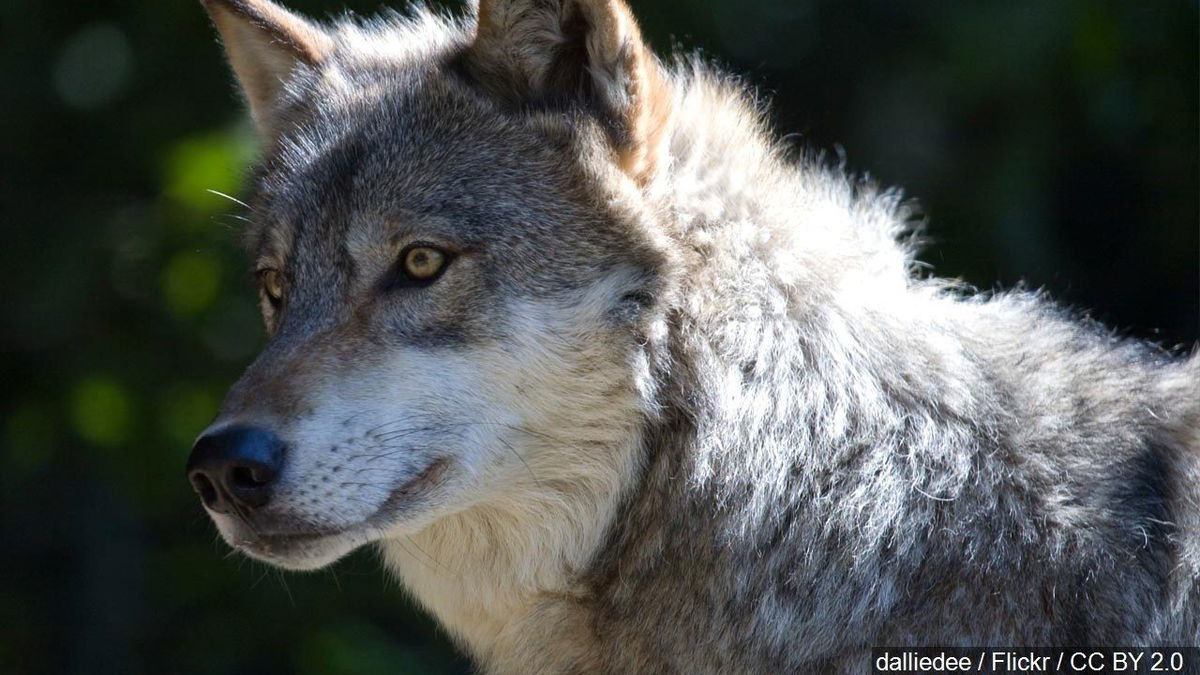Idaho agency wants to spend $408,000 a year to count wolves

BOISE, Idaho (AP) - Idaho's top wildlife official on Tuesday requested authorization from state lawmakers to spend $408,000 to count wolves.
Idaho Department of Fish and Game Director Ed Schriever told the Legislature's budget-setting committee that the expense would become part of the agency's annual budget to keep a running tally of the number of wolves in the state.
Idaho stopped counting wolves in 2015 after it was no longer required to do so by the U.S. Fish and Wildlife Service following the lifting of protections for wolves under the Endangered Species Act.
The move prompted speculation ranging from the wolf population getting out control to wolves heading toward extermination.
"I felt we could no longer continue without an annual wolf population estimate," Schriever, who has held the post for a year, told lawmakers on the Joint Finance-Appropriations Committee.
In April, he cobbled together existing efforts to count wolves, and last week announced there are 1,000 wolves in Idaho based on information from 600 cameras scattered around the state. The population had been closer to 1,500 early in the summer of 2019 but was reduced through hunting, trapping and killing of wolves that preyed on livestock.
"We won't speculate any longer on whether the population is increasing or decreasing," Schriever said. "That makes the wolf management plan actually useful for us now that we know which direction the population will be moving."
Republican Rep. Neil Anderson said he previously spoke with Schriever about wolves and had concerns.
"I still have a little heartburn over $400,000 a year to count wolves, which equates to a little over $4 million a decade, and even then it's only a rough estimate," Anderson said.
The Idaho Department of Fish and Game is a self-funded agency that doesn't use money from the state's general fund. Instead, most of its money comes from the sale of hunting and fishing licenses and tags plus federal money. The agency's requested budget for fiscal year 2021, which starts this summer, is about $125 million.
The committee won't start setting budgets for several more weeks.
In a related matter, the Senate Resources and Environment Committee last week voted to clear the way for a hearing on the creation of wolf-free zones and wolf-depredation zones in the state that's intended to protect the livelihood of ranchers.






